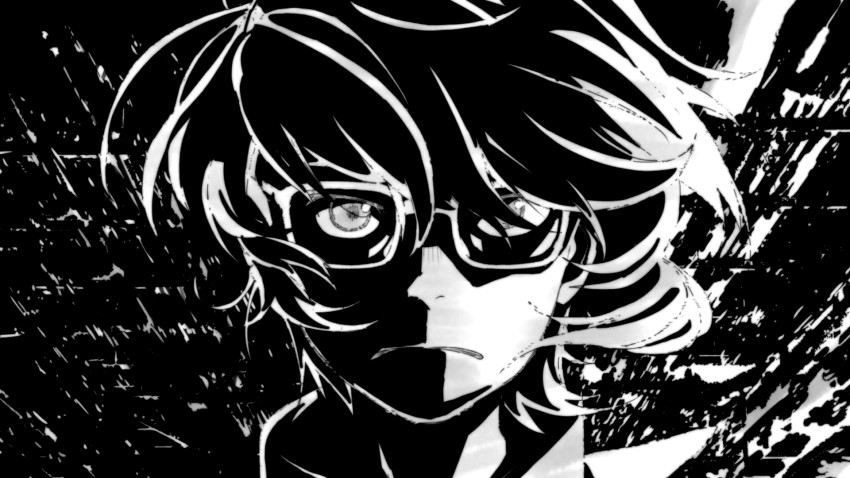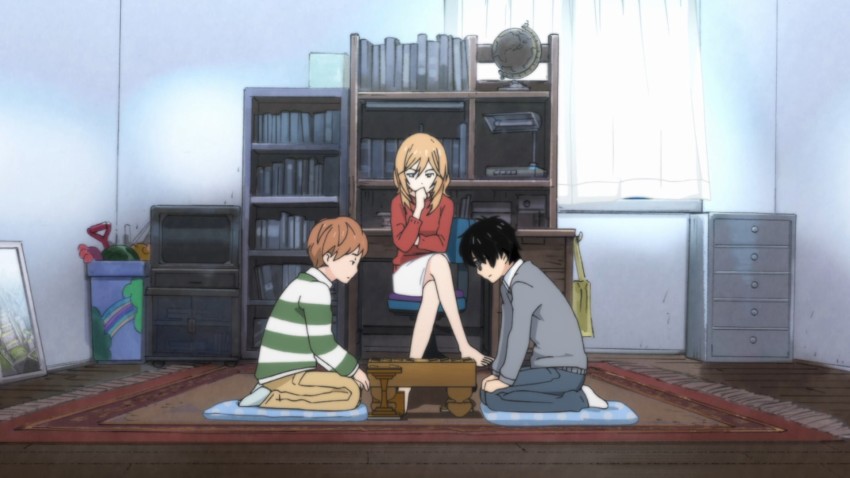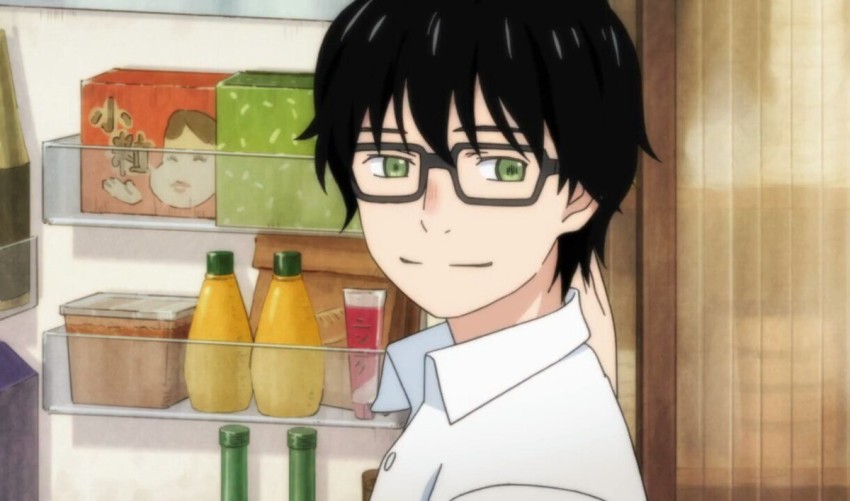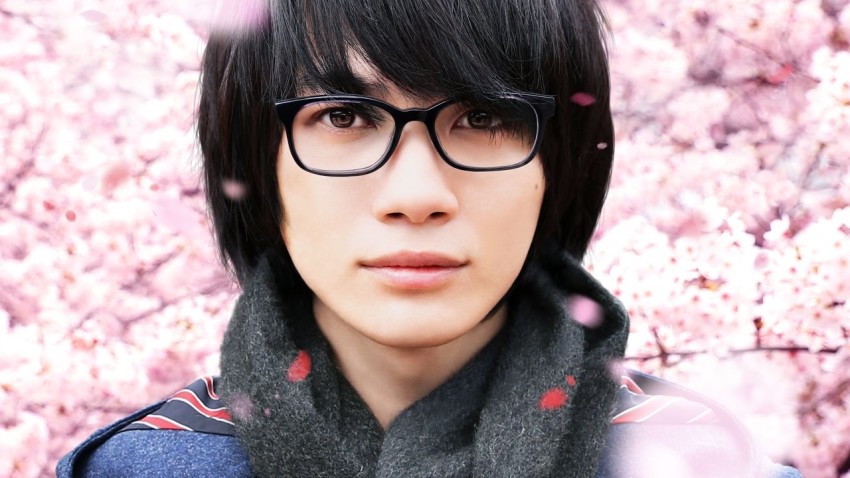By Andrew Osmond.

Pinpointing March extra, I’d say it’s on the dial between A Silent Voice, with its critical remedy of emotional ache, and Maison Ikkoku with its home heat, although its comedy is toned down a number of notches from Ikkoku. It’s about an orphaned, withdrawn 17 year-old boy, Rei, residing alone in present-day Tokyo, and his charming friendship with three sisters – one grownup, one middle-schooler, and one boisterous toddler – in the identical neighbourhood. All these characters have suffered tragedy and loss, however the present highlights the continuation of their lives, their forging of recent relationships.
So this can be a explicit form of slice of life. To complicate issues, March can be what Anime Information Community calls a “event” sequence. Rei is a prodigy of shogi, a Japanese relative of chess, and he spends a lot time dealing with down combatants on the opposite aspect of a board. There’s a riveting early set-piece, flashing between two video games that Rei performs years aside within the melting summer time warmth. In each video games, his rival is completely obsessive about beating him; he’s tragically outmatched by Rei however stubbornly refuses to provide in, just like the hero of his personal Shonen Bounce strip.

March’s official director is Akiyuki Shinbo (aka Simbo), Shaft’s most well-known creator, although many followers argue that Shinbo is now extra of an advert for a mode, a home model, like Stan Lee’s masthead at Marvel Comics. March’s first season additionally has a credited “sequence director”, Kenjiro Okada, who served time on a number of of Shaft’s Monogatari anime. Nevertheless, Okada’s credit score appears to be dropped from March’s second TV season, leaving Shinbo as ostensibly the only real director.
Past Shaft, March can be suffused with the consciously cutesy fashion of feminine artist Chica Umino, who created the acclaimed supply manga for the sequence. Umino’s earlier hit Honey and Clover, about Tokyo artwork college students, is probably not acquainted to British viewers, but it surely loved a number of diversifications in Asia. Umino additionally designed the characters in Manufacturing I.G’s comedy-thriller Eden of the East; Eden’s heroine Saki seems to be like a youthful Akari in March.
Lastly, one significantly attention-grabbing crossover considerations March’s theme music. Like most TV anime, its opening and shutting songs are J-pop – they’re each carried out by the vastly well-liked Bump of Hen, which additionally contributed “Hi there World” to Blood Blockade Battlefront. However what’s far much less normal is that the band was related to the March manga earlier than the anime sequence was greenlit. In 2014, Bump of Hen launched an animated music video, utilizing imagery from March, to accompany its anthem “Fighter.” (Reportedly, Umino and the band are mutual followers.) “Fighter” is now the closing tune of Shaft’s model, whereas the band’s opening tune, “Reply”, has its personal March-themed music video.

There are delicate grace notes sprinkled round – a butterfly on water, a balmy French lullaby on the soundtrack – however the boy appears blankly unmoved. He travels to a shogi corridor, the place he performs the board sport with a middle-aged man, not saying a phrase. The grownup appears sort, even fatherly, however we sense Rei’s burning anger as he performs – why, we don’t know. This isn’t an anime that dollops backstory; it will likely be a number of episodes earlier than we be taught the boy’s historical past.
To this point, this might be a psycho-thriller like Flowers of Evil. After which, on the episode’s midway level, it turns a ninety-degree nook. Rei is returning to his empty dwelling when he’s forcibly invited to supper by the sisters – Akari (the grownup), Hinata (the schoolgirl) and Momo (the leaping bean little one). From the second they seem, the drawing turns into bouncy, exuberant. We’re launched to the sisters’ cartoon kitties, who’ve their very own catty dialogue variants on “Feed me!”, whereas written sound results waft by the image.
The surplus of heat and cuteness is doubly disorientating. Once more, the fundamental info is withheld at this level – we’re not informed at how the sisters know the boy, why they deal with him with such affection, or why Rei appears proud of them, actually regardless of himself. The sisters push back Rei’s darkness a bit, although he daydreams morbidly on the supper desk, and when Hinata removes his glasses whereas he’s sleeping, his eyes are filled with tears. Thus we begin to construct an image of Rei and his unusual life; half numb and solitary, half lit up by the kindness of his surrogate household.
It’s a masterful case of modulated storytelling – Shaft followers could like to match it to the notorious tonal shifts in Madoka Magica. Later the story opens up. For instance, we be taught the sisters assist their grandpa run a confectionery (wagashi) store, although the grownup Akari additionally works as a hostess in Tokyo’s Ginza district, which is the place she first encountered Rei, zonked out on a pavement. We’re making an attempt to recollect every other movie or TV present that has a motherly girl gently serving to a sozzled lad to vomit, by sticking a finger down his throat… however we’re developing clean. It’s as emotionally pungent because the present’s understated scenes of grief or melancholy; Hinata, for instance, crying for her mom throughout Japan’s obon memorial season, looking over the waterways that pervade the sequence.
Whereas the sequence has a few of Shaft’s trademark geometric straight strains, general it has much more light freehand drawing, much less ostentatious stylisation. There’s a home made texture to March, an phantasm of technical simplicity, regardless of the graphic sophistication. Rei’s iconic expression is completely rooted within the graceless downturn of his mouth; supposedly getting into maturity, he seems to be like a cringing toddler. There are frequent visible comparisons of Rei’s melancholy to water, threatening to drown him; recurring photos of rising bubbles aren’t only a motif however punctuation. The prolonged drowning metaphor could remind viewers of a non-Shaft anime with an oddly related identify – Your Lie in April.
Certainly, after we study Rei’s darkish backstory, it’s revealed that (small spoiler) one of many story’s lynchpins is a lie that he informed, about why he has taken his shogi enjoying thus far. Trace: it’s not due to a youthful love of the game, like so many different wide-eyed heroes of sports activities manga. It additionally seems that Rei has one other surrogate household, and an adoptive “father” who tried to assist him, however drove him into deeper darkness on the worst time of his life. Rei being a shogi prodigy solely made issues worse. As his story unfolds, it’s possible you’ll be reminded of real-life cautionary tales like that of the troubled Bobby Fischer, the world’s most well-known chess prodigy.

Dwell-action is one factor, but it surely’s much less normal for anime to cross into actual life. It has occurred earlier than, although, and particularly within the area of sports activities. Akira appropriately known as the placement of the 2020 Olympics, whereas Yawara, a manga by Naoki Urasawa a few star judo woman, was operating within the Nineteen Nineties when teenager Ryoko Tamura started her rise to sporting glory. Now March’s portrait of a teenage shogi genius appears to anticipate the miracles wrought in recent times by Sota Fuji, who’s been toppling numerous data and champions… and he’s nonetheless simply 15. Let’s hope he’s happier than March’s Rei, or Bobby Fischer.
Andrew Osmond is the creator of 100 Animated Characteristic Movies.
March is available in like a lion is launched within the UK by Anime Restricted.
